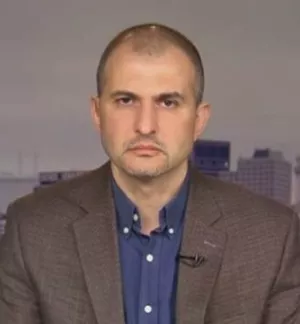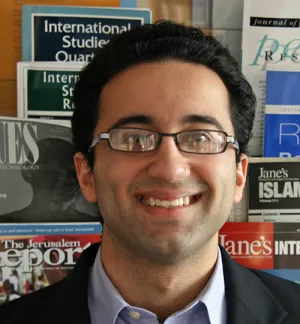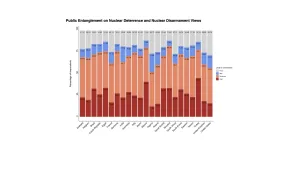The eruption of the crisis in Ukraine and the West’s subsequent effort to punish Russia for its involvement have caused Moscow to accelerate its pivot to Beijing. The Chinese have embraced the Russians to such an extent that Chinese Ambassador to Moscow, Li Hui, has observed that ‘China and Russia are together now like lips and teeth.’ Fu Ying, Chair of the Foreign Affairs Committee of the National People’s Congress, contends that the “Chinese-Russian relationship is a stable strategic partnership and by no means a marriage of convenience: it is complex, sturdy, and deeply rooted.” This chapter will attempt to capture the changing dynamics of Russian-Chinese relations, focusing on how the two countries affect each other’s national interests—and how those interactions, in turn, will shape their relationship in decades to come and the prospects for a more multipolar, post-American world.
Russia had been attempting to pivot towards China even before the Ukrainian crisis entered its acute stage in early 2014. As Vladimir Putin observed in 2002,
'Russia has long been an intrinsic part of the Asian-Pacific region.... We view this dynamic region as the most important factor for the successful future of the whole country, as well as development of Siberia and the Far East.'
Furthermore, the Russian leader has publicly conceded Chinese pre-eminence, openly stating that his country will not contest the Middle Kingdom’s global leadership. ‘The main struggle, which is now underway, is that for the global leadership and we are not going to contest China on this,.’ It is highly doubtful, however, that Russia would accept a unipolar, Chinese-led order, given Moscow’s propensity to see relations with other countries as a zero-sum game. Rather, the Kremlin envisions a world, in which China and Russia, along with other powers, are part of the twenty-first-century version of the Holy Alliance. Whether or not Putin has been fully sincere or not in his praise of China, Chinese leaders have been happy to reciprocate his words. In a March 2013 speech in Moscow, Chinese President Xi Jinping made the dubious claim that the ‘Sino-Russian relationship is the world’s most important bilateral relationship, and is the best relationship between large countries.’
Russia and China were destined to have pursued deeper cooperation, even if China had not been rising so dramatically, if only because two countries share a number of interests. They seek to deepen mutual economic ties, with Russia interested in selling and China interested in buying Russian oil and gas. The economic foundation of the Russian-Chinese rapprochement in the post-Cold War period also rests on arms, with China remaining a major buyer of Russian weapons, exports of which help to limit, if only somewhat, Russia’s dependence on sales of raw materials. Beyond the economic sphere, the two countries also share an interest in preserving their rights as veto-yielding permanent members of the UNSC. They also share a stake in preserving stability in Central Asia, including not only post-Soviet republics but also Afghanistan, and in containing the threat that militant Islamists pose within and without Central Asia. In addition to these economic and security interests, Russia and China share a number of serious grievances vis-à-vis the Western world. Both States are unhappy with the reach of the U.S.-led world order and both oppose the expansion of U.S.-led military alliances, partnerships and projects, including those pertaining to ballistic missile defense and high-precision conventional attack systems with global range and elements deployed in space. They also resent the centrality of the U.S. dollar in world markets, which China hopes to diminish—with Russian support— by lobbying successfully for the IMF in include the Yuan in its basket of special drawing rights in October 2016. Finally, they oppose what they see as Western efforts to engineer regime changes in countries under the guise of popular revolutions. In fact, Russia and China share so many common resentments toward various elements of the liberal democratic political order that one could argue their relationship is grounded more in shared grievances than strategic alignment.
To learn more about Power Relations in the Twenty-First Century: Mapping a Multipolar World?, click here.
Saradzhyan, Simon and Ali Wyne. "Sino-Russian Relations: Same Bed, Different Dreams?." In Power Relations in the Twenty-First Century: Mapping a Multipolar World?, Brown, David and Donette Murray, eds.: New York, New York: Routledge, 2017: Chapter 5: Indroduction







